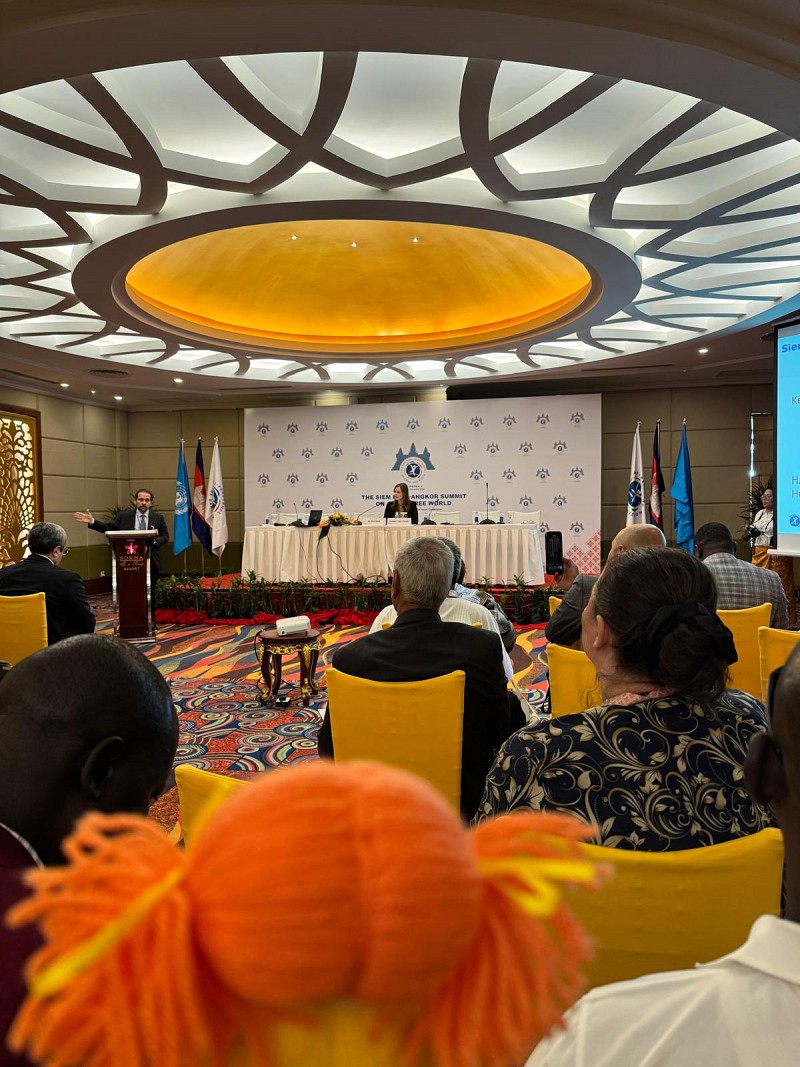The 5th Review Conference of the Mine Ban Treaty

From November 25 to 29, 2024, ITF participated in the 5th Review Conference of the Anti-Personnel Mine Ban Convention (APMBC) in Siem Reap, Cambodia. Hosted by the Cambodian Presidency, the conference brought together state parties, observers, and mine action partners to assess progress and outline the next steps in the fight against anti-personnel mines.
A key outcome of the conference was the adoption of the Siem Reap-Angkor Action Plan (2025–2029), prioritizing gender equality, environmental sustainability, and the growing threat of improvised anti-personnel mines. This action plan reaffirms a global commitment to advancing mine clearance, victim assistance, and international cooperation to address emerging challenges.
ITF participated in discussions, side events, and meetings, emphasizing the urgency of maintaining and increasing international support for mine action amid competing global priorities. Building on its earlier participation in the European Regional Conference on Advancing Victim Assistance in Ljubljana, Slovenia, ITF underscored the importance of victim-centered approaches grounded in human rights, gender equality, and inclusion. Comprehensive survivor assistance, extending beyond immediate medical care, empowers survivors, their families, and communities to recover with dignity and rebuild safer lives.
While we celebrate the progress achieved under the Ottawa Convention, significant challenges persist as armed conflicts escalate, leaving many countries struggling with extensive landmine contamination and limited resources. Collaboration among affected states, donor countries, NGOs, and other stakeholders remains essential to achieving a mine-free world.
ITF extends its gratitude to the organizers and the Kingdom of Cambodia for hosting the 5th Review Conference, as well as to our donors and partners for their continued support. Guided by the Siem Reap-Angkor Action Plan, we remain dedicated to advancing global mine action efforts and ensuring survivors and communities worldwide can rebuild their lives in safety and dignity.